Counselors make changes to facilitate registration, Curriculum Night
Despite challenges, worries related to the pandemic, staff begins to prepare for 2021-2022 school year
Long-term speech and theater teacher Megan Dill works in her classroom after school to prepare for a Zoom meeting. Curriculum Night this year is set to be completely virtual with teachers talking to parents and students during designated Zoom sessions.
January 22, 2021
Before registration opens each year, LHS holds Curriculum Night primarily for incoming freshmen to provide them and their parents with information about courses and registration procedures. But this year, counselors and other staff members had to work around the obstacles related to COVID-19 to provide a curriculum night and registration resources.
On Jan. 28, Lafayette will host a virtual curriculum night from 7-8 p.m. using various online resources to adapt to the situation.
Assistant Principal Colleen Fields, who organized much of the event, said, “Curriculum Night will be a virtual event this year. Our plan is to utilize Sign-Up Genius for parents to select times to visit with different departments, and we will use Zoom to host the Freshman Parent Meeting and Question & Answer sessions with curricular departments and activities and athletics.”
Guidance counselors will help to answer questions that parents or students may have.
School Counselor Stephanie Mullins said, “We are going to have videos that [parents] can view to answer a lot of their questions. Every department is working on one of these videos to highlight their classes and answer questions parents might have. Besides the videos, counselors are going to be available for one-on-one appointments with families to answer more specific questions about their student and their classes.”
Curriculum Night is generally the first introduction that incoming freshmen have to the Lafayette staff.
Fields said, “Curriculum Night’s goal is always to be focused on our incoming freshman families. This is their first opportunity to interact with our staff and school, and we want them to feel confident sending their student to our school. This year, more than ever, we want to make sure these families have faces to connect with since they will not be able to come to the building to engage with us for Curriculum Night.”
As for the students who are already at LHS and need to register for the next year, the counselors have traditionally offered presentations during school to explain any course changes and remind the students about required credits or prerequisites necessary for certain courses.
This year, the counselors are instead going to share a video explaining the information and ask all the students to view it.
Mullins described the changes to the curriculum that parents and students will learn about, including classes such as Applied Science Research (ASR) being added to the curriculum.
Art and Design Applications, a course for students who have passion for design, will also be added to the curriculum. It will include graphic design work more professional than other classes, and the class will be more business oriented than other art classes as well. It will even include students doing graphic design work for the school, including posters, murals, and flyers.
Language Communication and Composition (LCC), a course for 12th-graders, will be replaced by Career Communication and Composition, in order to emphasize the class’s focus on preparing students for career-based writing, rather than preparing them for college writing.
Whether or not certain classes are eventually offered next year will depend on the number of students who register for them. Low registration may result in a course being taken out of the course offerings.
Mullins also explained how the registration process will work when it opens on Feb. 1 through a portal in Infinite Campus.
“We’ve used the portal in the past to sign up for our classes, and we’re going to continue to do that. The portal will open the first week of February, and then once that portal closes, we will begin meeting with students regarding their individual selections. And we are working out logistics for that, how to meet with our students as safely as possible,” Mullins said.
The registration portal for the 2021-2022 school year will close on Feb. 8 and all students must select their courses by that time. Students will need to choose a full schedule of classes as well as a couple alternates just in case the schedule doesn’t allow them to take all their first choices or in case some of the classes they choose are already full.
“We anticipate that we will have a lot more students asking one on one questions via email, but we still really want that opportunity to meet with them individually,” Mullins said. “We used to bring students into our office, several students at a time, but we can’t do that this year, so we’re playing around with different ideas like meeting in the Commons or the Library, where there is more space. Of course the virtual students would be a Zoom appointment. We definitely have every intention to meet with all of our students about their classes, but we’re working through how that’s going to look.”
The counselors are working to make sure students understand the format of courses being offered in 2021-2022.
“The goal is that students choosing to remain online will have teachers that are teaching in the online format only and the teachers will not be asked as frequently to do both in-person and virtual at the same time,” Mullins said. “We’re also anticipating that if a student did choose to be virtual only, we couldn’t offer every single class like that, so there would be some limited choices, and we don’t really know what those would be at this point.”
She also explained how the counselors have had to adapt to not being able to interact with students as closely as they have before.
“In the past, counselors went to the middle schools, and that was one of our favorite things, honestly, to go and see our incoming freshmen, and get to meet them,” she said. “I think [interacting with students] is really important. We went into this career to be with kids and so it has been weird to not be doing that.”
Mullins spoke to the anxiety of the COVID-19 pandemic and how that may be impacting how students are thinking about school and their futures.
“We have become a culture where anxiety is constantly increasing. I think a lot of that is because we are anticipating what’s ahead, and we are worrying about it before it comes, and I think, I hope, that for some of us, this situation has allowed us to realize that we don’t have to know what’s going to happen. When something we never even pictured happened, we were okay. It wasn’t wonderful, but we weathered the storm, and we got through it, and it’s helping me worry less about the future, because I have no idea what it could look like,” she said. “So you kind of just have to think, whatever the schedule’s gonna be, or whatever school’s gonna look like or whatever everything’s gonna look like, we’ll roll with it, we’ll make it work, cause we made this work.”




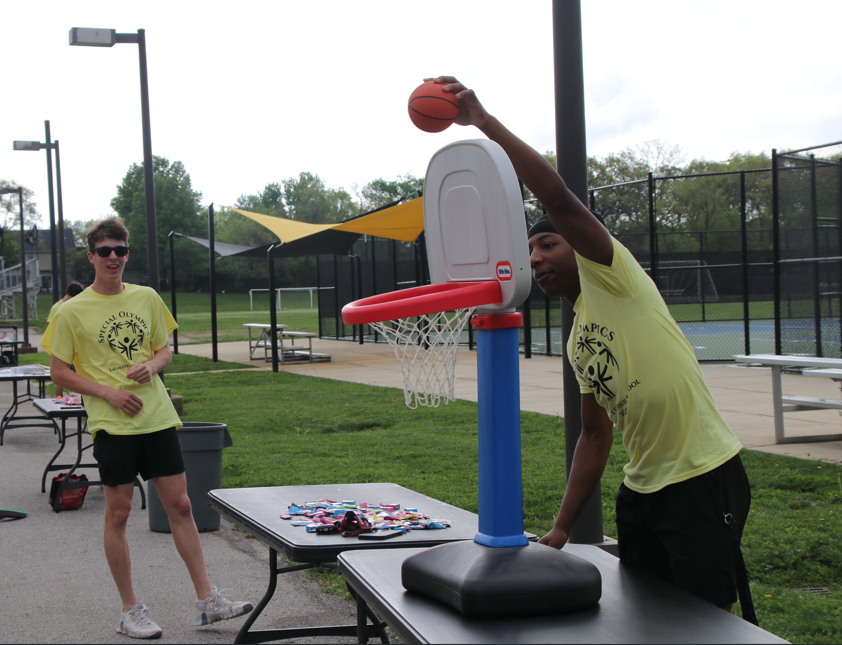
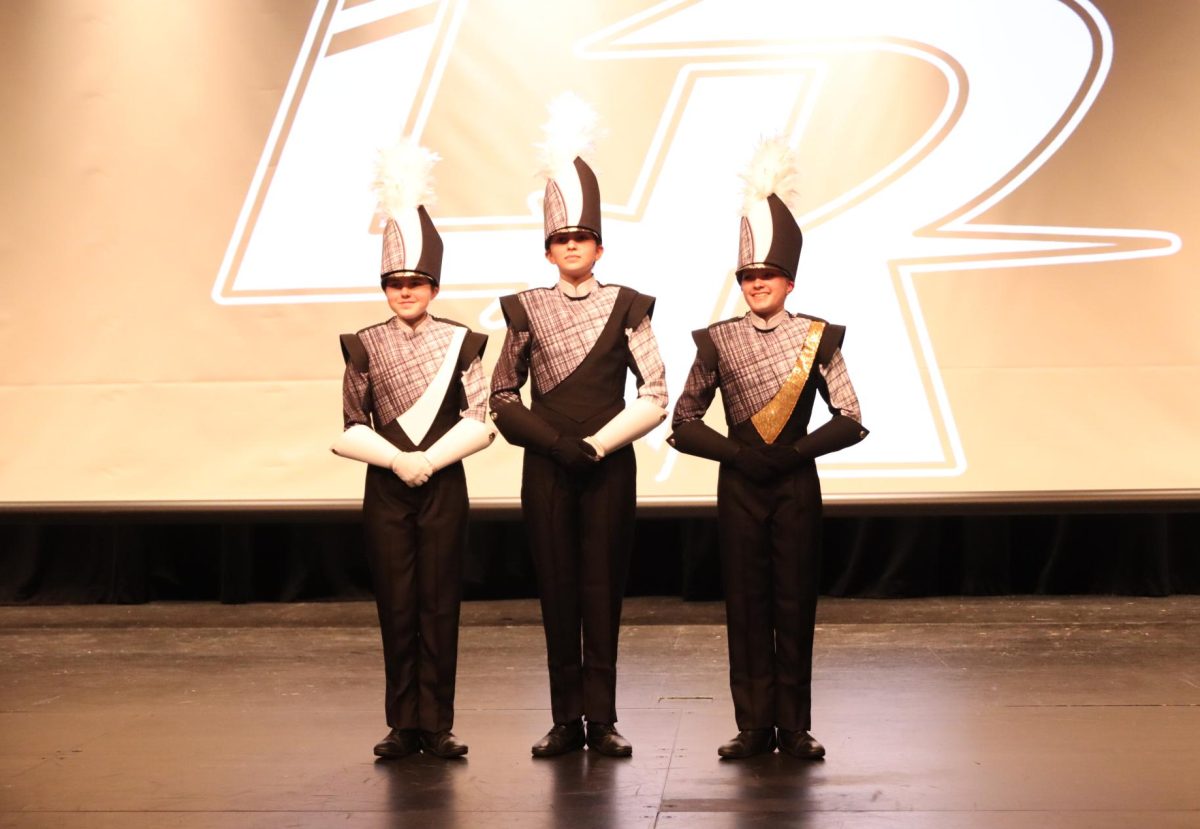

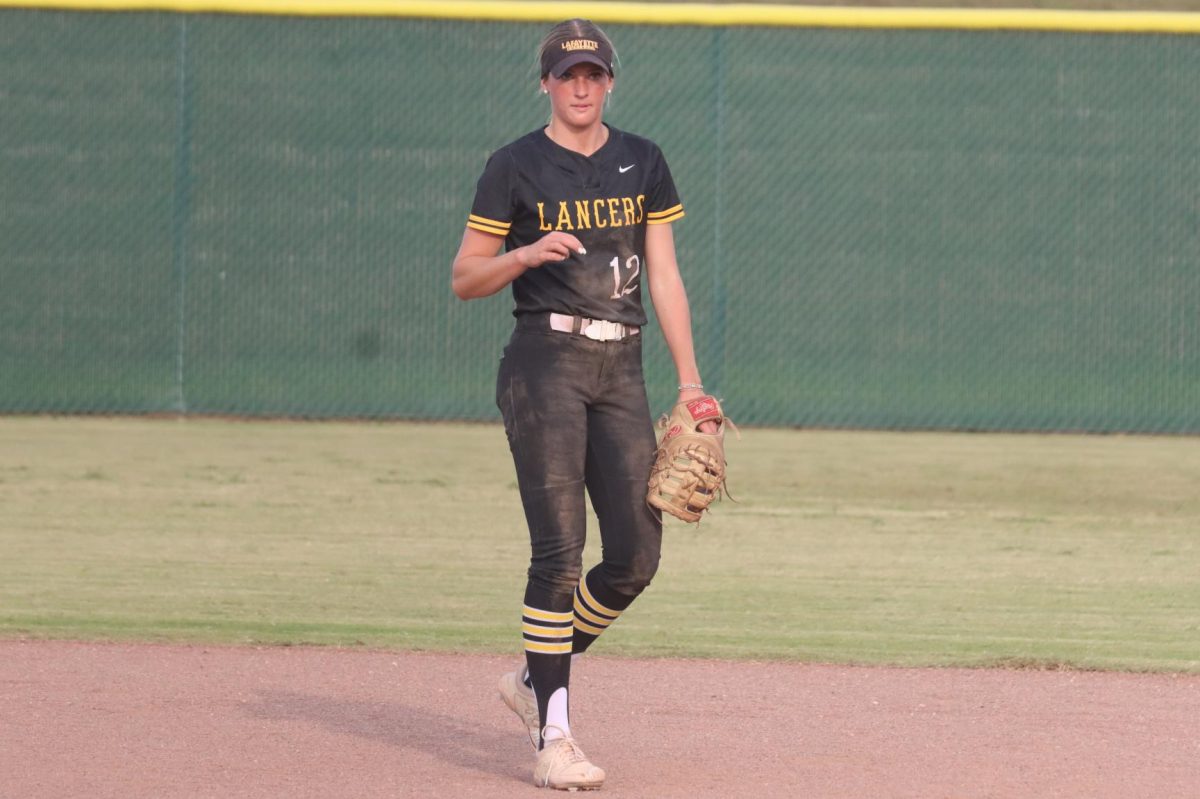

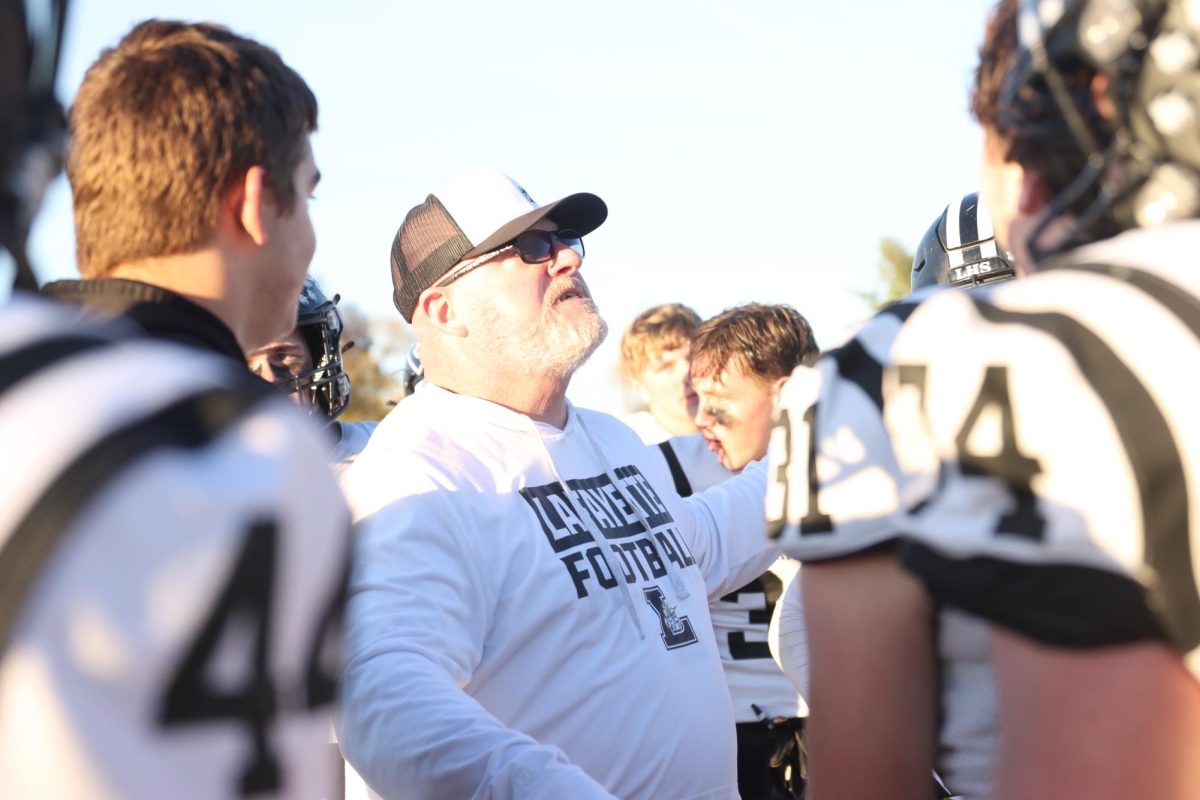
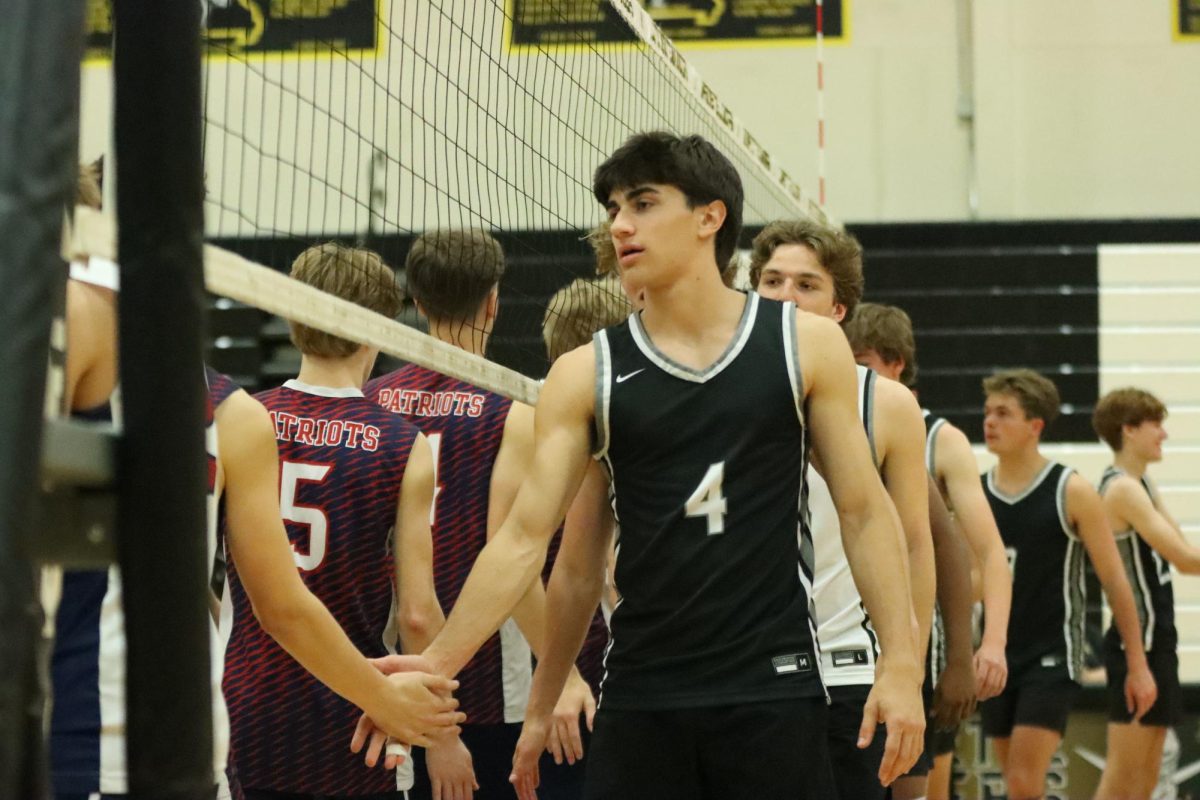









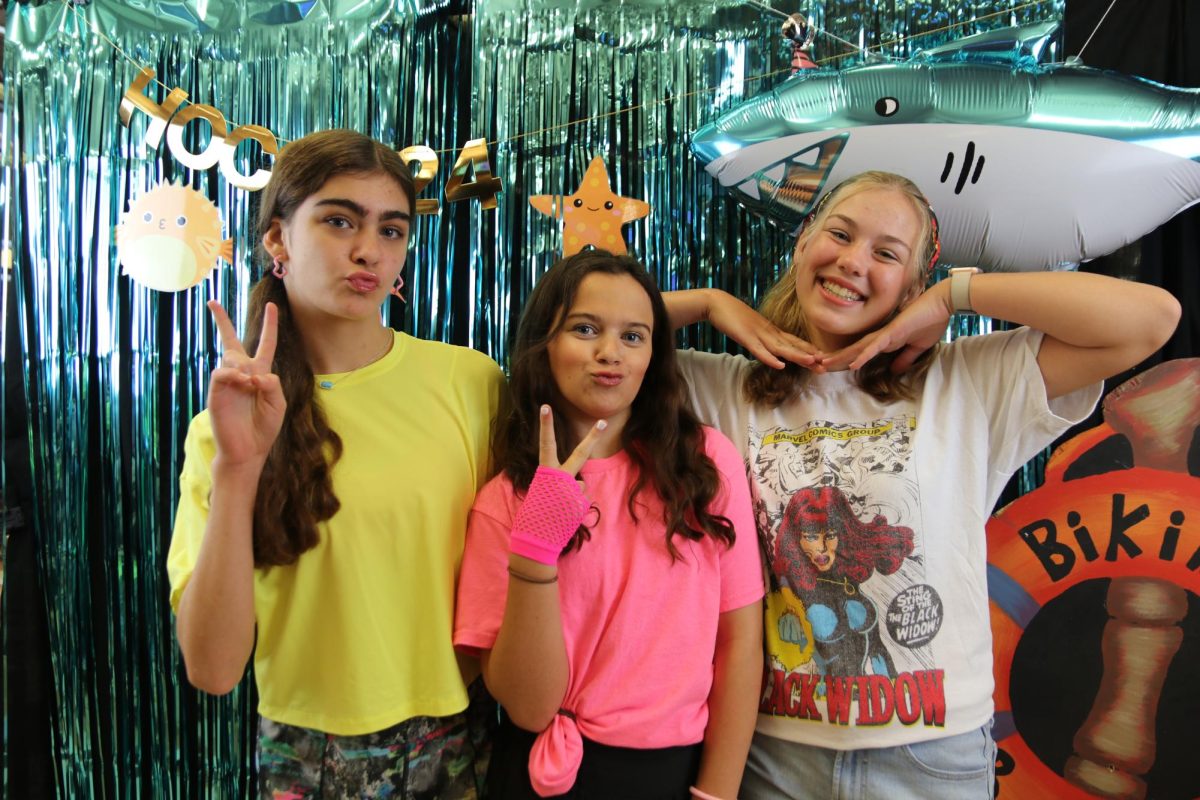







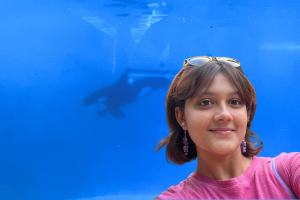
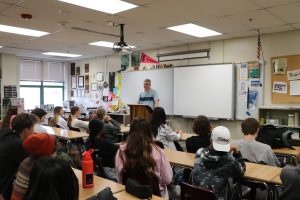
![As part of the Lafayette community, local youth soccer club Rockwood United SC took part in the annual Homecoming Parade. The club was created by former LHS soccer coaches, Saverio Traversa and Craig Wideman, to provide better quality soccer coaching. "We want to make sure that [soccer] is taught right, because when learned correctly it's the best sport in the world," Wideman said.](https://lancerfeed.press/wp-content/uploads/2024/04/IMG_4632-e1714576359118-300x200.jpg)

